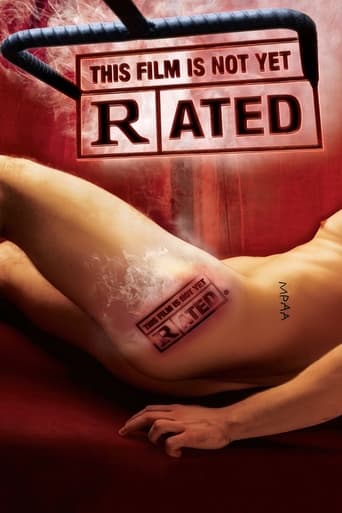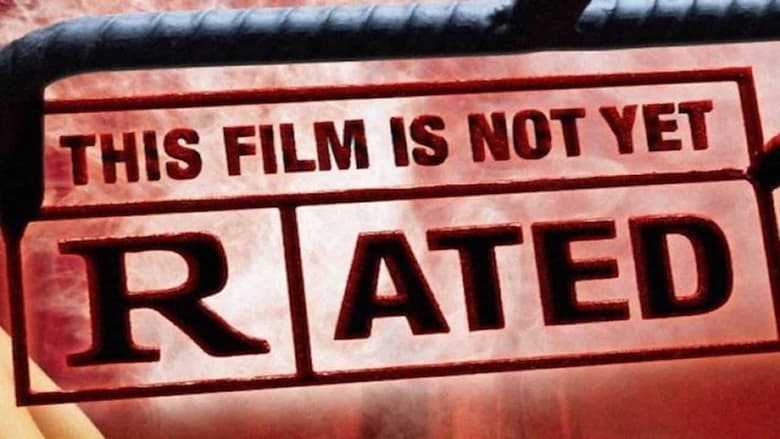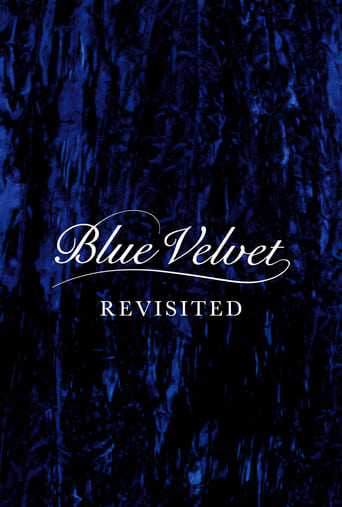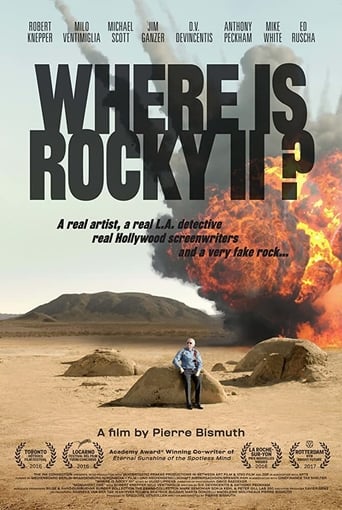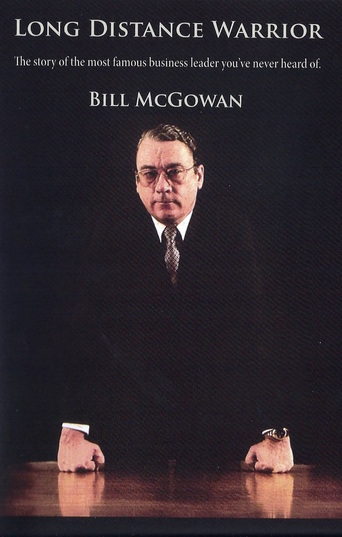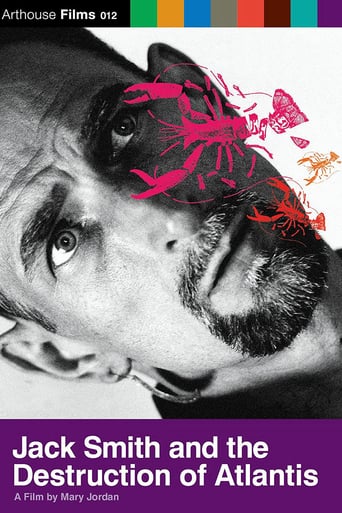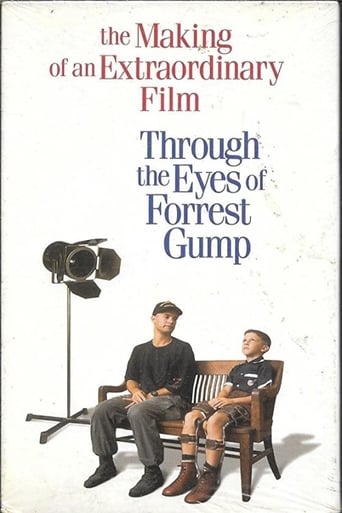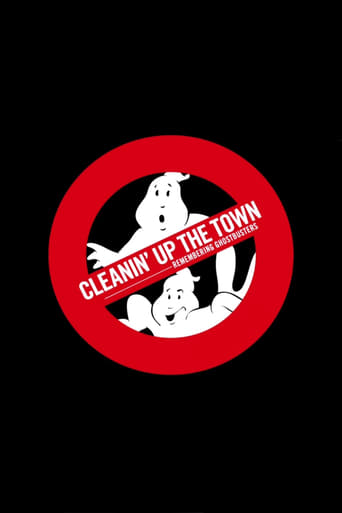This Film Is Not Yet Rated (2006)
Kirby Dick's provocative documentary investigates the secretive and inconsistent process by which the Motion Picture Association of America rates films, revealing the organization's underhanded efforts to control culture. Dick questions whether certain studios get preferential treatment and exposes the discrepancies in how the MPAA views sex and violence.
Watch Trailer
Free Trial Channels
Cast


Similar titles
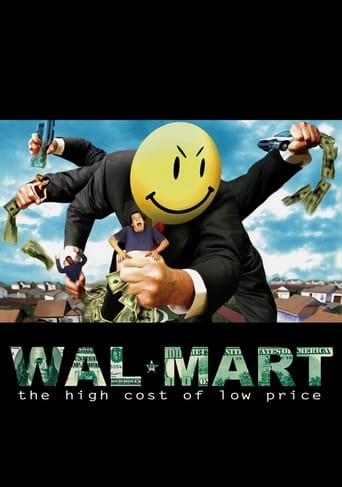
Reviews
Very very predictable, including the post credit scene !!!
It isn't all that great, actually. Really cheesy and very predicable of how certain scenes are gonna turn play out. However, I guess that's the charm of it all, because I would consider this one of my guilty pleasures.
The movie is made so realistic it has a lot of that WoW feeling at the right moments and never tooo over the top. the suspense is done so well and the emotion is felt. Very well put together with the music and all.
The film never slows down or bores, plunging from one harrowing sequence to the next.
This piece can serve as a great starting point to understand how on earth some movies full of violence get passed the criterion: the attempts at desexualizing the sex. Movie-goers, those living abroad in particular, can now better understand the system. Still, after watching it one doesn't get shocked, either. I guess this documentary deserves a go because it dares to talk about the elephant in the room.
I saw this amusing little documentary after listening to a podcast that explained something about the shady dealings of the Motion Picture Association of America (MPAA), and how almost the entire income of the American movie industry depends on their cooperation. I already learned that the MPAA is a very mighty organization, despite the fact that it is a completely voluntary system that movie studios and cinema franchises have universally adopted, and was only designed for classifying movies into categories as a guide to parents.The most entertaining parts of the documentary are the personal experiences of directors who tell about how their movies (initially) received the heaviest rating, the ubiquitously feared NC-17. In practice, this means that no major cinema will show it, no studio will advertise it, and hardly anyone will pay to see it. I am still puzzled by how a protracted sex scene, frontal nudity, homosexual love as well as a female orgasm in film will instantly restrict the movie to audiences of 17 and higher, whereas a violent death or a man being pleasured can be seen by any minor accompanied by an adult. However, if one thing becomes clear, it is that the MPAA is never in a hurry to explain their reasoning and motives.It is gradually revealed that the MPAA was founded by the six biggest movie studios, and as such, they go much easier on their movies than on independently produced films. As the movie went on, I felt myself swinging between amusement and indignation as the double standards of the MPAA are revealed, as well as their untouchable status, since all their dealings occur in strict anonymity. The official stance of the organization itself is to just staunchly defend this system without any logical reasoning or accountability, much the same way in which they rate movies.I am less convinced by the makers' attempts to track down and identify these anonymous MPAA members. All it amounts to is that we learn that most of them don't fit the job description given by the MPAA; by that time, we are already convinced that the MPAA is a non-transparent, corrupted organization with limited capacity for self-regulation. It would have been much more informative if the makers had interviewed these people, or at least documented (failed) attempts at that. I also missed the Michael Moore-style 'search for the root of the problem', where we could get some insight into where this inconsistent morale about sex and violence comes from.In the conclusion, which is a nice example of 'life imitating art', director Kirby Dick submits this movie to the MPAA, and immediately gets an NC-17 for 'sexual content', despite the fact that those scenes are very brief and merely illustrate his point. He is allowed to fight the decision for a board of appeal, but cannot use any scenes of other movies to defend himself, so he looses the appeal. Apparently the MPAA cannot handle a bit of criticism.Filmmaker John Waters aptly describes the conundrum by saying that the MPAA prides itself on not being a censorship organization. But since it has no official 'rulebook' on what movie content is acceptable for a given rating, there really is no other way for directors than to look at examples of others for guidance. Which is not allowed by the members, who always remain anonymous and only answer to the MPAA itself. Weird.
This Film is Not Yet Rated is ironically, not rated by the MPAA who are the subject matter of the documentary. The investigators show the arbitrary nature of the rating system, which basically watches movies for levels of sex, violence, and language to determine a G, PG, PG-17, or the dreaded NC-17 which causes major distribution problems, as many theaters will not show films with that label.Interviews cover the spectrum, with a film critic such as David Ansen, to directors John Waters and Kevin Smith giving their viewpoints o the system. Film clips are also used throughout to illustrate the haphazard way the board arrives at their decisions. I was modestly entertained by the movie.
In the movie "Dragonfly", Kevin Costner's character says the "F" word once. At that point in the director's commentary, Tom Shadyac says, "...You can shoot a guy 3,000 times and get a 'PG-13', but if you say the 'F' word *twice* it's automatically an 'R'. I'll let that be its own comment." This was when I first started really thinking about the movie rating system as such, though the subject of our society's (by which I mean primarily America) bizarre, obsessive, unhealthy attitude toward nudity and sex is something which I have thought about for a long time. We are obsessed with nudity and sex -- as the old saying goes, "Sex sells," (which is understood to mean nudity, which of course is *not* the same as sex) -- and at the same time, apparently utterly terrified of it. This split has led us, as a society, to a point of hysterical insanity on the subject, and given us the highest incidence of teen pregnancy in the world, and by FAR the highest incidence of rape -- close to 10 times higher than the next-highest country.This film offers a greatly detailed perspective on one major manifestation of the issue, the movie censorship system -- sorry, I mean "rating" system. The side-by-side comparison of R and NC-17 scenes was particularly revealing. It just boggles my mind that people get so twisted up on this subject.I love the irony that the very ratings board scrutinized in this film was required to watch it. If there are any honest members on that board, perhaps it got them to think a little more about what they do and how they operate.(P.S. the explanation of the ratings near the beginning is hilarious!)

